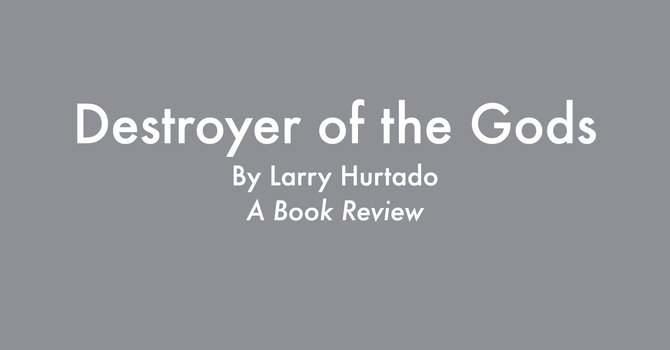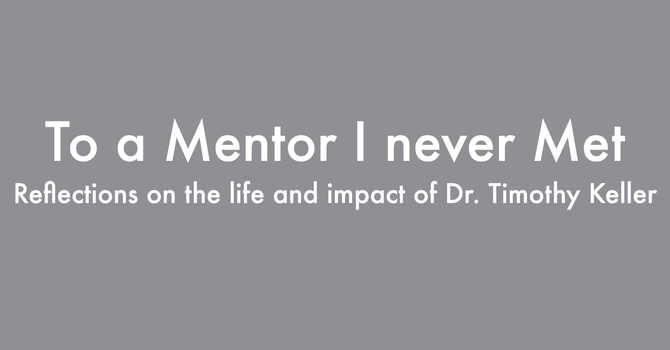
The following article is a snippet from a submitted assignment for my Doctor of Ministry (Engaging Mind and Culture) at Talbot School of Theology.
Singing Animals and a Singing Dad
I can sing the words to most of Disney’s soundtracks. It comes naturally being a dad with young kids. From the early 90’s soundtracks like the Lion King, to the more contemporary Frozen soundtrack, I can belt out the anthems of Disney princess’ like Elsa and Belle, and comedic animated animals like Timon and Pumba.
But it struck me some time ago as my kids were singing along to Let it Go by Elsa in Disney’s Frozen. Behind the catchy melodies, the lyrics are saturated meaning that reflect the deepest values of our culture. For example, in the third verse of this Academy Award winning track, Elsa sings:
It’s time to see what I can do
to test the limits and breakthrough,
No right, no wrong, no rules for me
I’m free
Elsa is coming out from behind the secret that she has been hiding. For years she has kept her ability to control ice and snow a secret, but now she is able to be her true self. She will no longer obey the restrictions that once governed her life and instead will seek freedom. The late Tim Keller connects this cultural artifact to our current moment,
The cultural message is: don’t try to get affirmation from others. Affirm yourself because you are doing what you want to do. Be who you want to be, and it doesn’t matter what anybody else thinks.[1]
Underneath this seemingly benign lyric is the heart of what it means to be a person in our modern world. The most prominent example of this is the current sexual revolution. The pursuit of freedom, the rejection of established rules, and the testing of norms is what defines the sexual revolution.
At the heart of the sexual revolution is the value is authenticity because being authentic is where we find satisfaction and meaning.
A look at our world
These values, once detected by going outside oneself, are now realized through an inward journey into the emotions. This is where we discover our authentic selves. Carl Trueman says that one “must not tailor my psychological needs to the nature of society, for that would create anxiety and make me inauthentic.”[2]
This is Elsa’s story, and it is a narrative that dominates our current sex and identity language. The writers of Frozen and the song Let it Go understand this and imbed it into the movie.
How have we come to believe that being your authentic self is the most important value?
While of course there is much more that could be said, the rest of this blog will offer 2 ways in how we have arrived here:
1. First, through key thinkers like Jean-Jacques Rousseau.
Jean-Jacques Rousseau, a Genevan 18th century philosopher, was a significant contributor in how we perceive the importance of the inner emotional life. In his opening to Confessions, Rousseau’s seminal work, he notes,
The particular object of my confessions is to make known my inner self, exactly as it was in every circumstance of my life. It is the history of my soul that I promised, and to relate it faithfully I require no other memorandum; all I need do, as I have done up until now, is to look inside myself.[3]
Like Elsa, Rousseau desires to show the world who he truly is. How is this achieved? It is through expressing his “inner self.” He is authentic by looking within. In doing so, Rousseau is casting vision for what it means to be a healthy human being.
It is not through the thoughtful acknowledgement and discernment of our emotions, but rather their discovery, affirmation, and expression of them. This is the mantra of our cultural moment.
Rousseau’s thought has been re-imagined and re-presented, but he was a catalyst to how we have arrived here, where people’s inner emotional world is the final determination of what it means to be human.
2. Second, we have arrived here through pop-culture.
The movies we consume (like Frozen), the shows we binge watch like Ted Lasso, and the music we listen to like Katy Perry’s I Kissed a Girl, all have a profound impact on how we understand the world. We cannot downplay what we take in on TV, at the movies or on the internet with the thought that they are just “for fun” and have no effect on us.
Content creators have opinions about the nature of the world, and of the human person that they convey. Their opinions are value ladened (because of thinkers like Rousseau and his contemporaries) and are presented to quietly persuade.
For example, Michael Cashman, a British actor, who first carried out a “gay kiss” on primetime television in 1987, explained that “Public opinion has to be led. And television and the media are central to that.”[4]
As we are entertained, we are also formed.
Or, as George Carlin aptly put, “Once you get people laughing they’re listening and you can tell them almost anything.”[5]
It is through pop culture that we are formed to believe certain things about what it is to be human.
We see the genesis of these ideas in thinkers like Rousseau, and their dissemination and acceptance through pop-culture artifacts like Disney’s Frozen.
How benign is Elsa’s Let it Go, as my kids sing it while we're traveling on a summer road trip? While I do want to be alarmist and fearful, it is clear we are being formed by the cultural artifacts we interact with, consume, and entertained by.
So what?
It is vitally important to understand and exegete these cultural artifacts for us, our families, and our churches. As we become more aware, we can sift through the messages and values, and see how they complement or contradict the Christian view of reality, and in this case our ideas about identity and sexuality.
So, the next time a song pops up on a new Spotify playlist, another new show on Netflix is recommended, take a minute to dissect what it is saying about the world.
In some cases, we can love, laugh, and live with them, and in other cases, we may have to let them go as we follow Jesus in our modern world.
_________________________________________________________________
[1] Tim Keller, Making Sense of God (New York: Viking Publishing, 2016), 125.
[2] Carl R. Trueman, The Rise and Triumph of the Modern Self: Cultural Amnesia, Expressive Individualism, and the Road to Sexual Revolution (Crossway: 2020), 54.
[3] Jean-Jacques Rousseau, Confessions, Online Book. http://knarf.english.upenn.edu/Rousseau/conf07.html.
[4] Steve Turner, Pop-cultured: Thinking Christianly about Style, Media, and Entertainment (Downers Grove: InterVarsity Press, 2013), 15.
[5] Ibid., 16.





